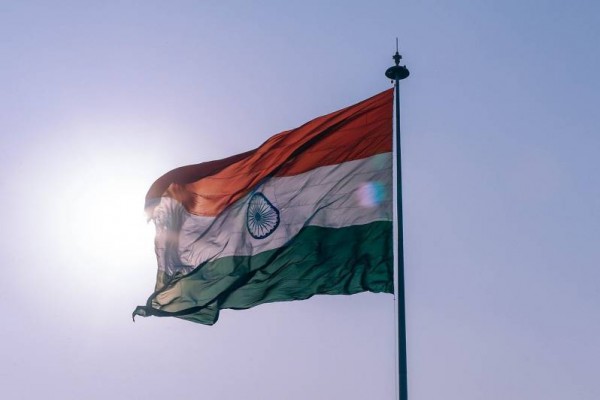India's Digital Personal Data Protection Act receives presidential assent
17/08/2023 | The Indian Express
On Friday, 11 August, India's Digital Personal Data Protection ACT (DPDPA) received presidential assent and was subsequently published in the Gazette of India on Saturday. Minister of State for Electronics and Information Technology Rajeev Chandrasekhar spoke with The Indian Express regarding the law, its scope and application, and enforcement.
The Future of Privacy Forum provides a detailed explanation of India's new DPDPA, while the IAPP offers five steps to prepare for the country's first comprehensive regulatory framework for privacy.
In a related article, the Minister of State for Electronics and Information Technology, Rajeev Chandrasekhar, said that platforms cannot pass on the responsibility to third-party cloud providers. The platform will be held responsible for any breach, irrespective of the number of data processors used. Regardless of whether the platform uses Amazon or Microsoft, or any other cloud, the platform will be liable to protect the user's data under Indian law.
Meanwhile, The Economic Times of India (£) reports several countries have praised the DPDPA's passage. Datatilsynet, the Norwegian data protection authority, said it could look to "mirror" some of the act's provisions, particularly its focus on protecting children from behavioural advertising. Meanwhile, an official from South Africa's Information Regulator highlighted the importance of the Data Protection Board's role in determining the DPDPA's success.

What is this page?
You are reading a summary article on the Privacy Newsfeed, a free resource for DPOs and other professionals with privacy or data protection responsibilities helping them stay informed of industry news all in one place. The information here is a brief snippet relating to a single piece of original content or several articles about a common topic or thread. The main contributor is listed in the top left-hand corner, just beneath the article title.
The Privacy Newsfeed monitors over 300 global publications, of which more than 6,250 summary articles have been posted to the online archive dating back to the beginning of 2020. A weekly roundup is available by email every Friday.

